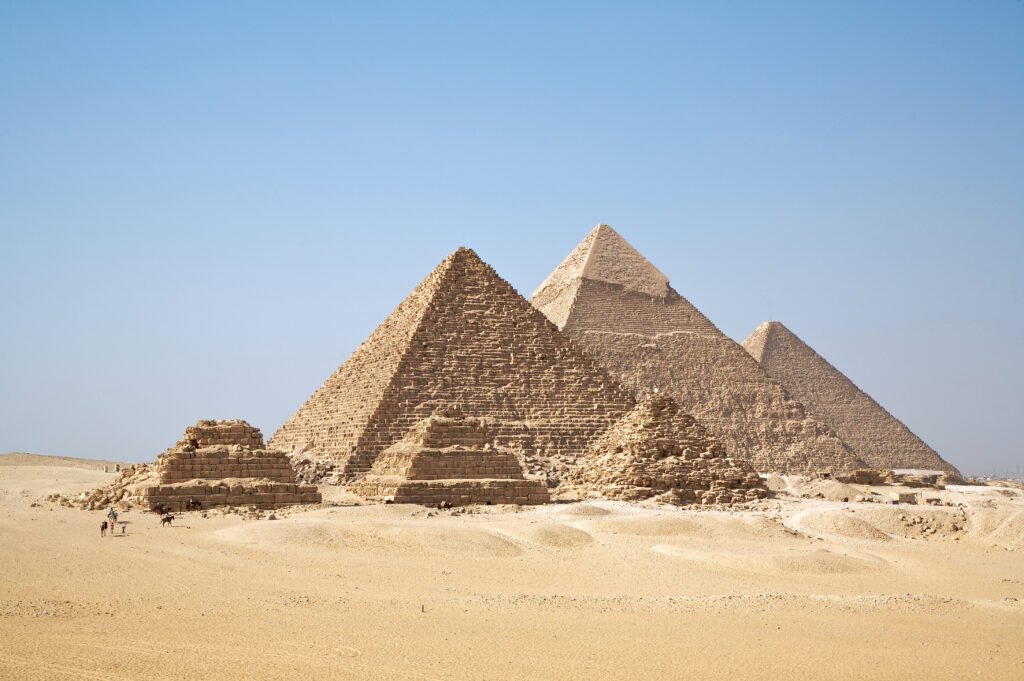
In contrast to most of human history, present day western culture does not like to think seriously about death. This is not to say we aren’t fascinated by it; the proliferation of films, books and television programs dealing with serial killers, zombies, and the apocalypse attest to that. The less we seriously think about death, the more we frivolously employ it in our entertainment.
Past civilizations and the origins of virtually all major religions reflect preoccupation with death and what comes after. The Aztecs built towers of human skulls and Egyptian Pharaoh’s erected pyramids to house the dead. Architecture may have arisen in part due to rituals of death; temples in Ancient Greece were places of ritual sacrifice, after all. The august columns adorning governmental buildings and places of power are not simply a nod to the neoclassical, but iconic signifiers that power can outlive death.
Our penchant to forget, to ignore that each of us is simply one heartbeat away from death is impressive. To think about one’s own death and those of the ones we love and care about raises thorny emotional and logistical issues. Those having religious conviction in an afterlife or even a new-age spiritual belief of less formal conceptions of heaven or hell will have their faith tested when death comes a knockin’, as it always does and always will. For all of us, faithful and not, un-being remains unknown.
It’s been said that everything is on its way to someplace else, and that’s a powerful truth. We live in a universe of life and death, yet our daily preoccupations don’t generally reflect that reality. While we chatter anxiously about politics, wash and wax our precious cars, think about what brand of burger to have for lunch, and complain about doing the dishes, entire galaxies are colliding, new star systems are being born and old ones dying, some exploding and others consumed by insatiable, supermassive black holes, testament to our impressive human powers of denial and forgetting.
Life on earth is many billions of years old. Whether there is life elsewhere in the universe, we may never know for certain. Death is life’s companion, its conjoined twin. Where life goes, death follows. As challenging and exciting as life is, often feeling unfair and cruel, death is unfailingly generous and merciful and accepts all into its embrace without exception.
If death is like sleep, and it enjoys that literary reputation, then it’s something quite familiar and there’s nothing to fear. But death may not be at all like sleep; it may be a transition to nothingness, and we have always had a problem with nothing. Conceptually, nothing can’t be described; because it is nothing, it has no qualities whatsoever. This is what makes it so disturbing, and why humankind has been inclined to invent alternatives to nothing like heaven, hell, reincarnation, and supernatural planes of existence. Imagining nothing is impossible and makes for lousy entertainment.
Yet, whatever the reality of death our universe is also life-giving; we and our planet’s three-billion-year-old living system are irrefutable evidence of that. Like Mother Earth, we do more than just endure; we create.
Emotionally, constant awareness of life and death may be too much for human beings to handle, but our talent for forgetful denial may have outlived its evolutionary value. Today, feeling the preciousness of life by remembering death may be exactly what’s needed.
To paraphrase Carlos Castaneda’s main character, Don Juan, he advises to carry (the awareness of death) on one’s shoulder as a trusted advisor. The message is clear. In a sense death is always with us and holding the awareness of that as we move through life will help with all our decision making and actions. Indeed, it might affect all we do in life.
Yes, Will, when I read that book when I was thirty it rang of such truth and has stayed with me. Holding this awareness makes life and death more meaningful and has helped me with decisions.. Thank you for writing this.
I, too, hold Don Juan’s “death genie” on my shoulder and it has informed my understanding of life and the universe ever since. Larry invokes the vast forces of the universe as a contrast to the tendency of humans to inflate the importance of existence, and the proundity of its end. I like to achieve the same with a dabbling in the geologic arts, nothing too geochemical, just a broad sense of the forces and time scales that are depicted in the landforms we scurry over. From an airplane, yesterday, 28,000 feet above New Mexico and Arizona, I could see that story written in beautiful stone calligraphy below and my genie whispered “sweet nothings” in my ear.
To embrace the dilemma how “nothing” we are in the face of the universe, and yet how “something” we feel ourselves to be, makes life feel like and adventure and a gift. To Life!